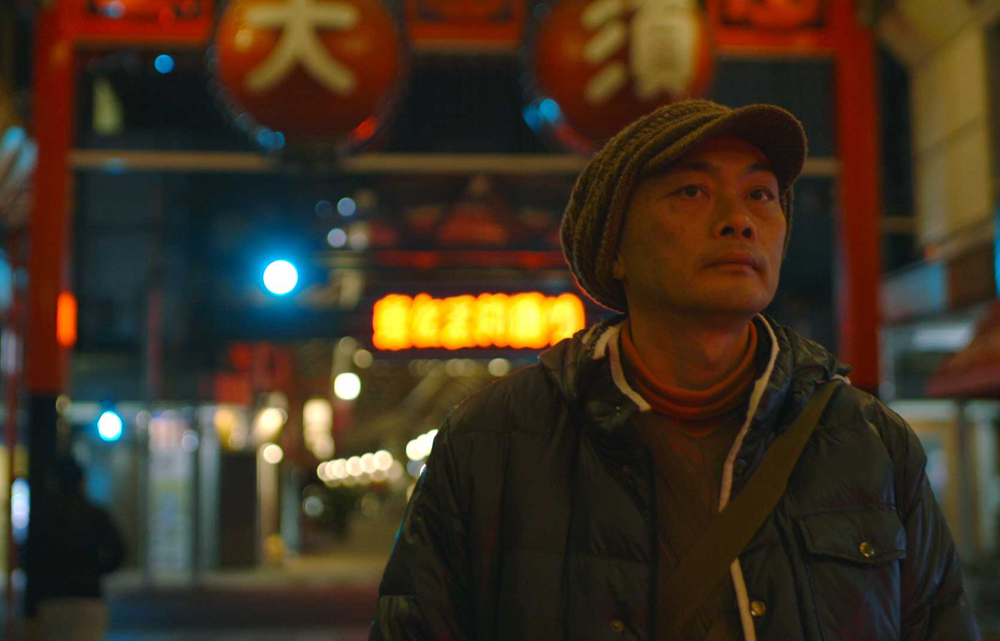In any number of ways, Lana Wilson’s “The Departure” is a fascinating follow-up to “After Tiller,” the heartrending 2013 film she co-directed with Martha Shane profiling the last four physicians who perform late-term abortions in America. The documentary required the two to be in rooms with women at their most vulnerable moment, deciding whether to go through with a procedure likely to haunt them the rest of their lives with a choice they never thought nor wanted to ever make, and the camera sensitively and silently capturing the grace with which the doctors allow the room for those decisions to be made. Wilson and Shane trained their lens not on faces – a necessity to protect the patients’ privacy, but their hands and feet, which somehow made it even more intimate, and showed great interest in the delicate dance between both sides of the conversation as the weight of the moment shifted back and forth.
The lessons learned have clearly traveled to Japan where Wilson is invited into the life of Ittetsu Nemoto, a relatively young priest who counsels people thinking of taking their own lives. A former punk hellion, he still will blow off steam with late night runs to the city, but Nemoto spends his days doing the quiet work of gathering together troubled individuals in groups so that they don’t perceive their suffering is in isolation and runs a program intended to allow them to see beyond their current concerns to appreciate what they have. Yet while he’s honed his ability to get people to think differently about themselves, the film finds Nemoto settling into an increasingly uncomfortable routine, perfecting his techniques to the point there may be no more room to grow personally and his cell phone, open to his patients at all times, continuing to be a relentless stream of hopeless messages and texts.
“I take on so much suffering,” Nemoto says to his wife, careful not to make this sound like too much of a burden, yet the spectre of death clearly no longer at an amenable remove, particularly concerning as his young son Teppei scampers around the house in an environment he worries he could make toxic. With constantly evocative cinematography and an effective whisp of a score, “The Departure” conjures the discipline and pressures of Japanese culture while avoiding cliche, with Nemoto’s struggle emblematic of the private pain that can’t be displayed publicly that has made the need for his services so prevalent in the country today. But brilliantly, Wilson gradually introduces Nemoto’s personal history into the film well after you’ve met him as a confidant to clientele, as if he’s opening up to you at the same pace as others to him.
Though you’re mostly given limited impressions of the people Nemoto works with, those unguarded moments hit hard and their steady accumulation when coupled with Nemoto’s quiet metamorphosis makes “The Departure” mighty powerful. Wilson is as respectful of Nemoto as he is of the people he takes under his wing, and while he balances out his preternatural zen with growing wariness that comes with what his work entails, “The Departure” creates its own space cinematically between capturing the life of its subject in vivid detail and offering the transcendent experience of genuinely feeling closer to him. In the end, as she did with “After Tiller,” Wilson leaves you a little shaken and a little less lonely when stepping back out into the world.
“The Departure” does not yet have U.S. distribution.





Comments 2